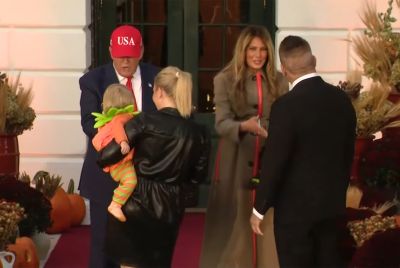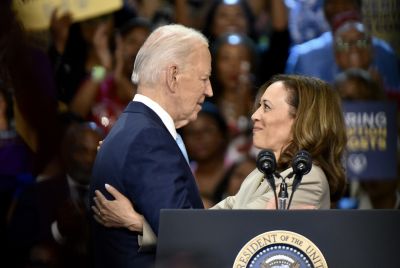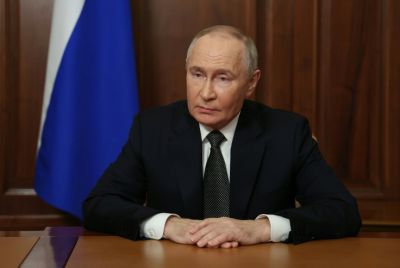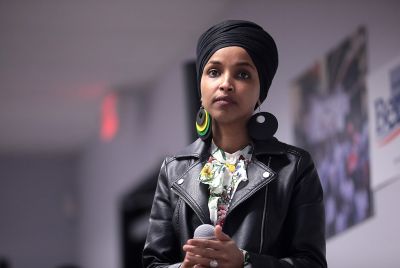Afghanistan: The Taliban, the US, feminism, power and the use of women to wage war
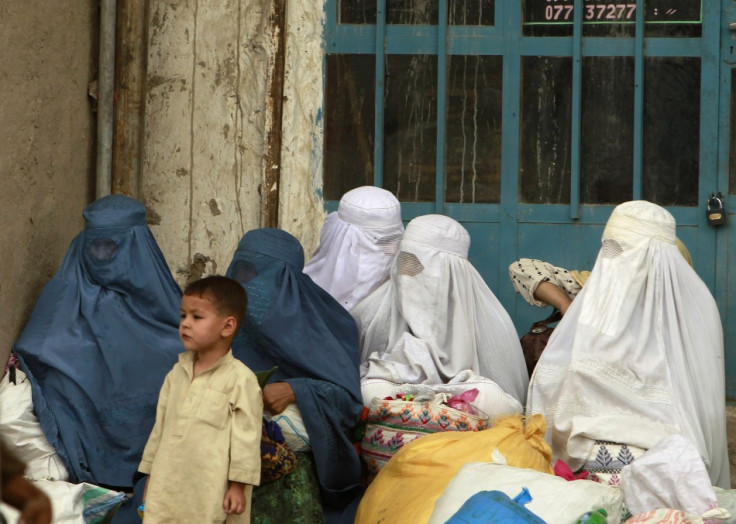
When the US and Nato invaded Afghanistan in 2001 two reasons were widely advanced. One, the Taliban needed to surrender Bin Laden, and two, the US could not let the Islamist movement treat women so barbarically.
At the time much attention was given to the harsh treatment women received in the country, as they were openly flogged, executed, forbidden from going to school and forced married. Of course, mainstream media, politicians, feminist activists and celebrities all became the advocate of the Afghan women cause.
Ten years on however and the focus has dramatically shifted to the Western casualties and the need to get out of a war where western soldiers are being targeted in a country where the people have not yet embraced them , especially when the money could be injected somewhere else after the financial global crisis has weakened many economies.
What about the Afghan women then, can they now move freely and are they free to wear jeans while listening to Lady Gaga? Well, not really, but as new stars have taken the centre stage, it seems that Afghan women have been relegated to the background.
In 2009, Laura Bush denounced the Taliban's "brutality against women," Secretary of State Colin Powell intoned that "the rights of the women of Afghanistan will not be negotiable" and, in the days immediately following the Taliban's ouster, the Western press was filled with accounts of the handful of women in Kabul who courageously ventured out without the obligatory head-to-toe burqa. At the time, the former first lady took a prominent place in the rights for Afghan women campaign and coincidently her popularity soared. She had until now been a rather apolitical women, and the language she used was not a political one, rather she frequently used terms such as "protection" and "women and children" , which enabled the Bush administration's decision to invade Afghanistan to gain much more public support.
However Laura Bush was not the only person talking about Afghan women's right.
"This is a war of liberation and also a war to liberate Afghanistan's women. So the aspect of women's rights is crucial for me. For many years I have been greatly concerned about the extreme oppression of women under Taliban rule. Here in the West we close our eyes to the grotesque treatment women are subjected to because it does not affect us" said Marit Nybakk, then chair of the Norwegian Parliament's Standing Committee on Defence, in 2002.
Suddenly, people who were important, politicians, diplomats, celebrities were now talking on behalf of the Afghan women, whose voices however were left silenced by a combination of local and global power relations.
However, as the situation for women in Afghanistan had not improved much, the argument for going to war to liberate women could no longer stand and the focus had now to be shifted somewhere
While today Hillary Clinton is praising the courage of Saudi women, what has happened to the "non-negotiable" rights of women in Afghanistan?
Well, after the Taliban were ousted, Hamid Karzai and his government were instated and since then, the same sharia (Islamic religious) laws remain, sometimes slightly modified.
A leading Afghan judge illustrated the current situation for women when he declared that "those convicted of adultery will still be stoned to death...but with smaller stones."
Women's rights marches are still prohibited and they remain subject to purdah, forcible seclusion in the home, they are still being executed and thanks to a bill passed by the Karzai government, they cannot seek work, education and have to agree to sexual intercourse with their husband a minimum of every four days.
Surely, one can now see that the US and Nato have fought really hard for Afghan women's rights. Also, while feminists groups were quick to denounce the Taliban, they seemed less incline to denounce western complicity with a government that applies laws that are in fact not so different from those of the Taliban, when it comes to women.
By using 'god terms' such as human rights, gender equality, democracy and peace-building and protection in their war dialectic, governments are conscious of their persuasive potential. Language and power are intrinsically intertwined and it is sad that while these women were being used as a prompt to balance the public opinion in favour of an intervention in Afghanistan, those who spoke on their behalf did nothing else but indulge in self-gratifications.
© Copyright IBTimes 2025. All rights reserved.




